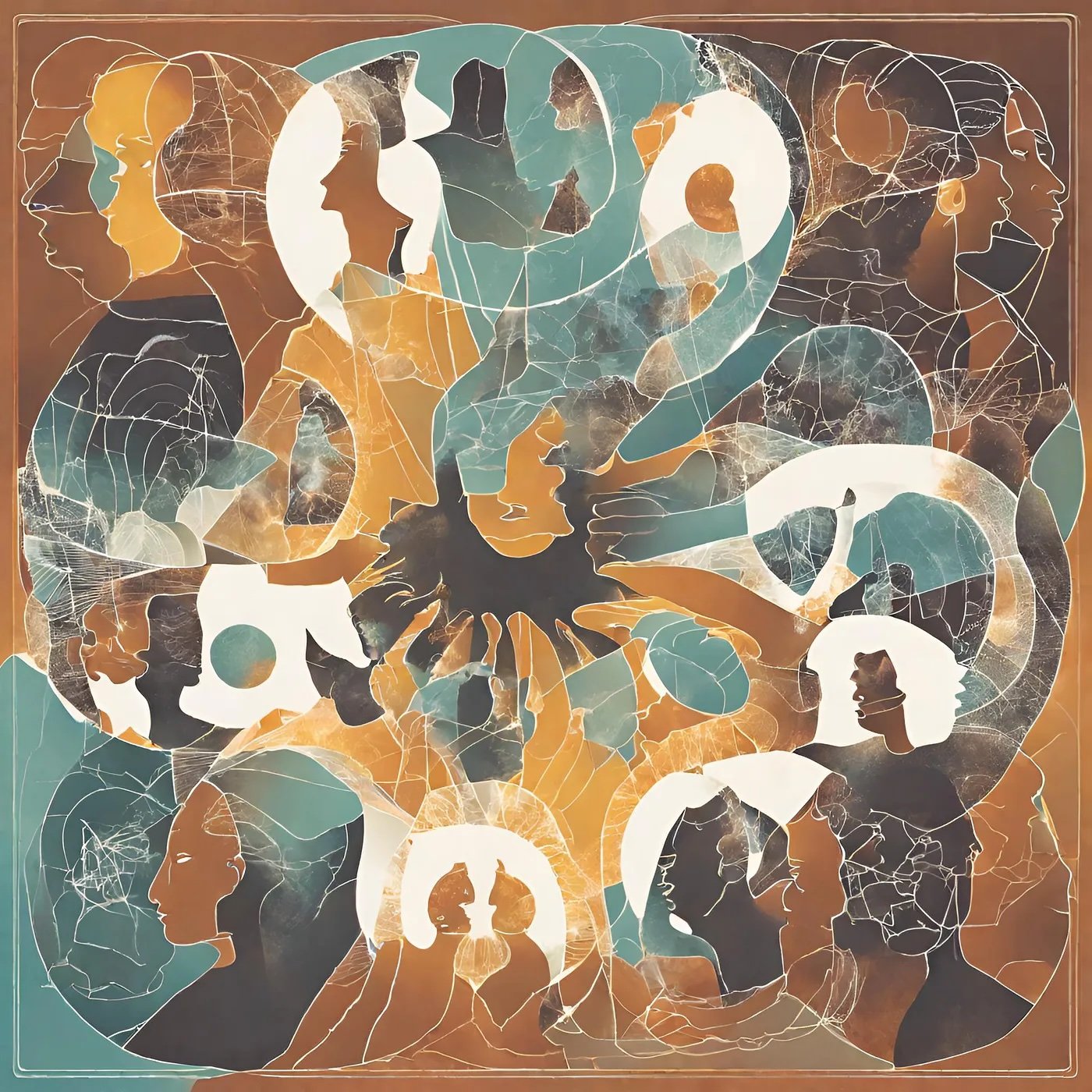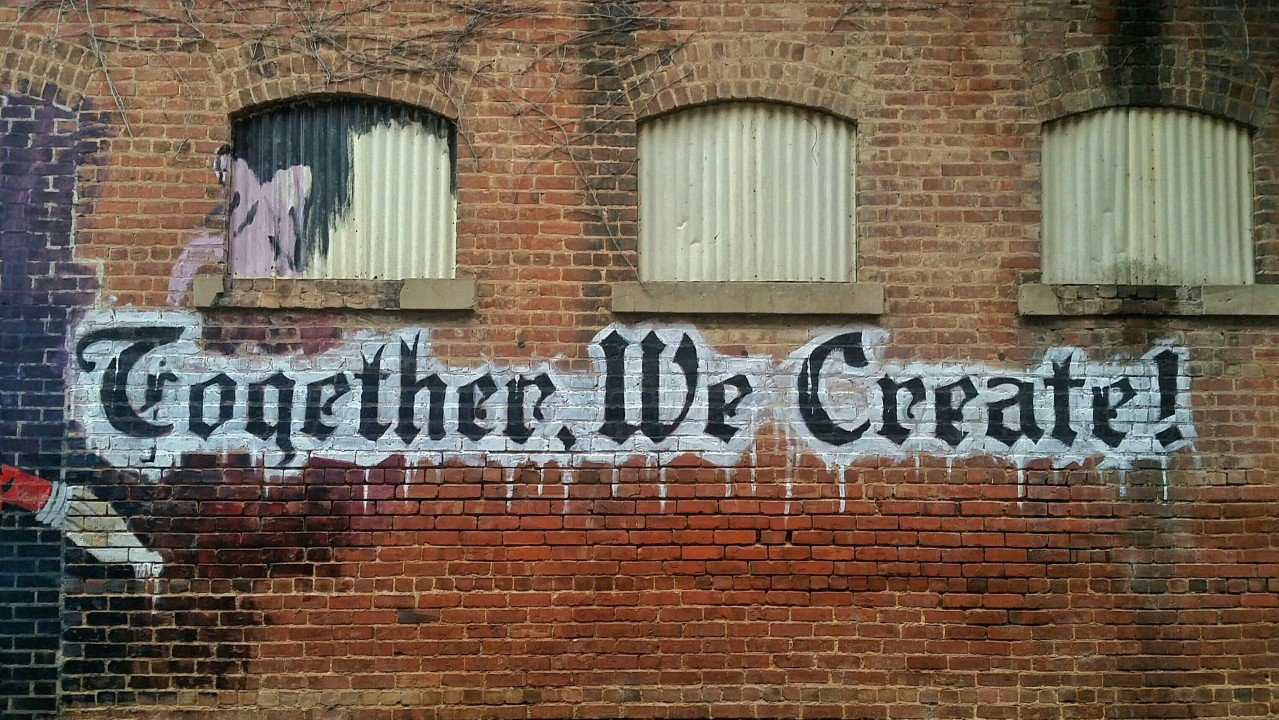
Beyond These Gates: Remembering, Reclaiming, and Reimagining the Indiana Women’s Prison
History is often written by those in power, leaving the voices of those most affected by systemic injustice unheard. Beyond These Gates is a community-driven remembrance project dedicated to amplifying the narratives of women who lived, served time, and contributed to the community at the Indiana Women’s Prison (IWP).

The Conspiracy of Community, Engagement, and Friendship
The word conspiracy comes from the Latin root conspirare, which means “to breathe together.” Being in a community with others and walking together in friendship requires understanding that relationships are essentially a shared commitment to “breathe together.”

What is a Relational Strategy?(And Why You Need One)
Whether you are leading a nonprofit, running a social enterprise, or working within a public-serving organization, your ability to cultivate and sustain authentic relationships can determine the effectiveness of your work. But what does a relational strategy actually mean, and why should you invest in one?

Naming the Features of a Relational Community Engagement Strategy: Prioritizing Desires, Not Problems or Needs
Like relational community engagement’s focus on people’s assets — their gifts and resources — not just the things or services they may need, a relational practice should prioritize the desires, dreams, and aspirations of those who live within our communities. People often targeted for need-based services or equity-based interventions are rarely asked what they desire or dream about.

Naming the Features of a Relational Community Engagement Strategy: Mapping Community Assets and Identifying Flows of Power
Relational community engagement is related in some ways to asset-based community development (ABCD). Both seek to uncover, cultivate, and lift a community’s assets rather than reduce people to a need or deficit because both outlooks prioritize people, not projects. While relational community engagement does not ignore problems faced by residents, it refuses to only look at issues and needs. Rather than focusing solely on problems, a relational approach uncovers existing strengths within a community.

Collaboratively Imagining and Designing the Future— Understanding Relational Engagement
Relational engagement is concerned not just with the present but with shared futures. It asks us to think not only about the “now” but also how we shape the future through what we do together today. Futurity isn’t about individual, future-oriented benefits. It’s communal, emphasizing how groups and cultures can shape the future rather than the future simply “happening” to people.

Naming the Features of a Relational Community Engagement Strategy: Cultivate Commitments to Shared Values
Relational engagement begins when those involved agree to honor, share, and uphold the values and principles they believe should guide the relationship. What does this mean? It means setting aside time during the start of and throughout a relationship to surface and explore the values and principles that guide the group’s efforts. It also means committing to adhering to and cultivating these values and principles in authentic and meaningful ways. Committing to shared values is a humanizing experience and is one way to prioritize human connections over transactional exchanges.

What Should a Relational Community Engagement Strategy Include?
Relational engagement refers to an approach to community involvement and interactions that prioritize genuine, ongoing relationships over transactional exchanges. This approach challenges universities, nonprofits, corporations, and governments to pivot away from service or charity models designed to “help” communities by seeing only needs towards a form of engagement that instead seeks to develop and sustain holistic relationships within a community’s ecosystem.

Want to Create Systems Change? Your Organization Needs a Relational Community Engagement Strategy
Community engagement isn’t just a buzzword—it’s the foundation for building trust, fostering collaboration, and creating sustainable change. Whether you’re leading a nonprofit, managing a business, or running a government office, having a strategic, asset-based, relational community engagement plan can be a game changer.
